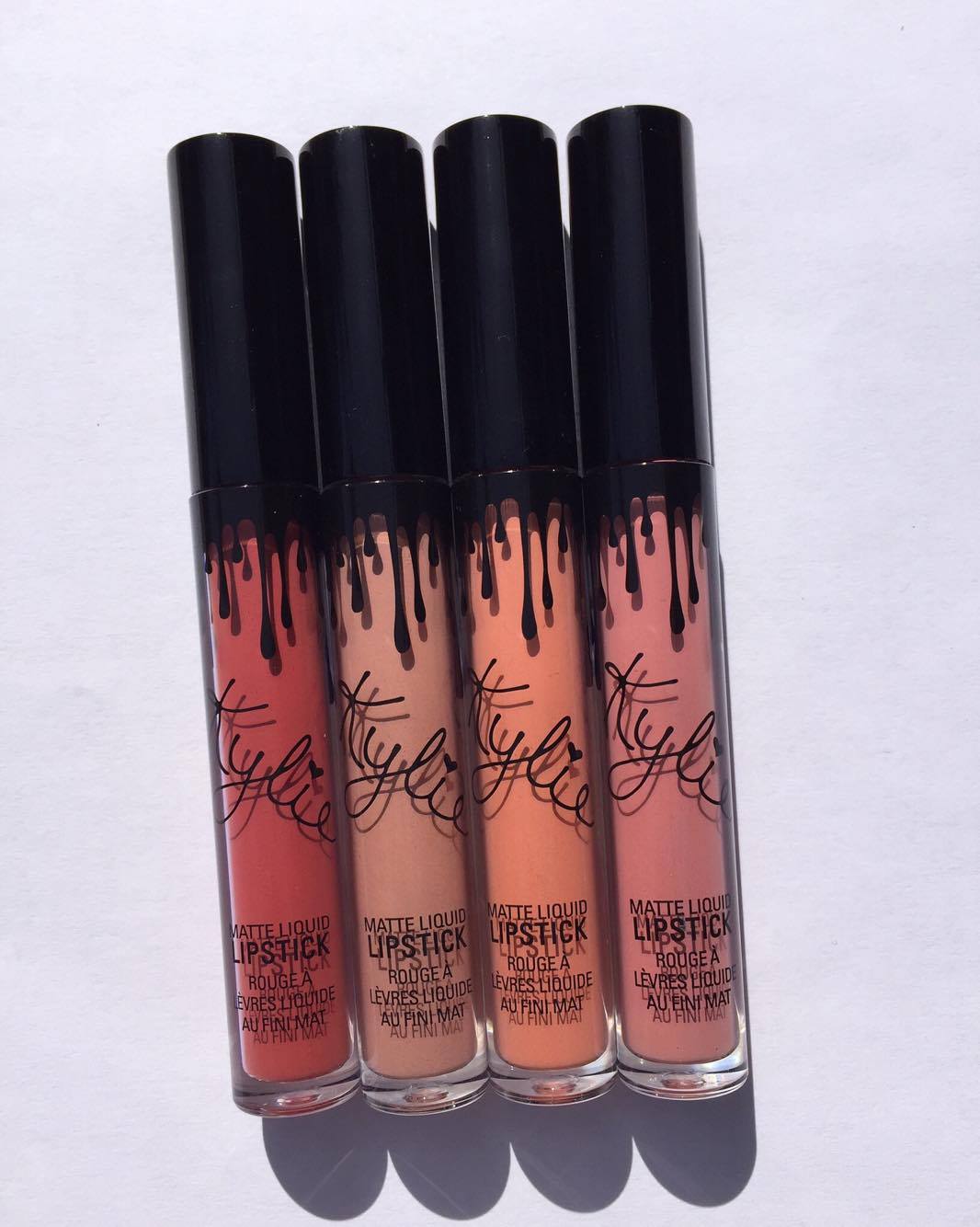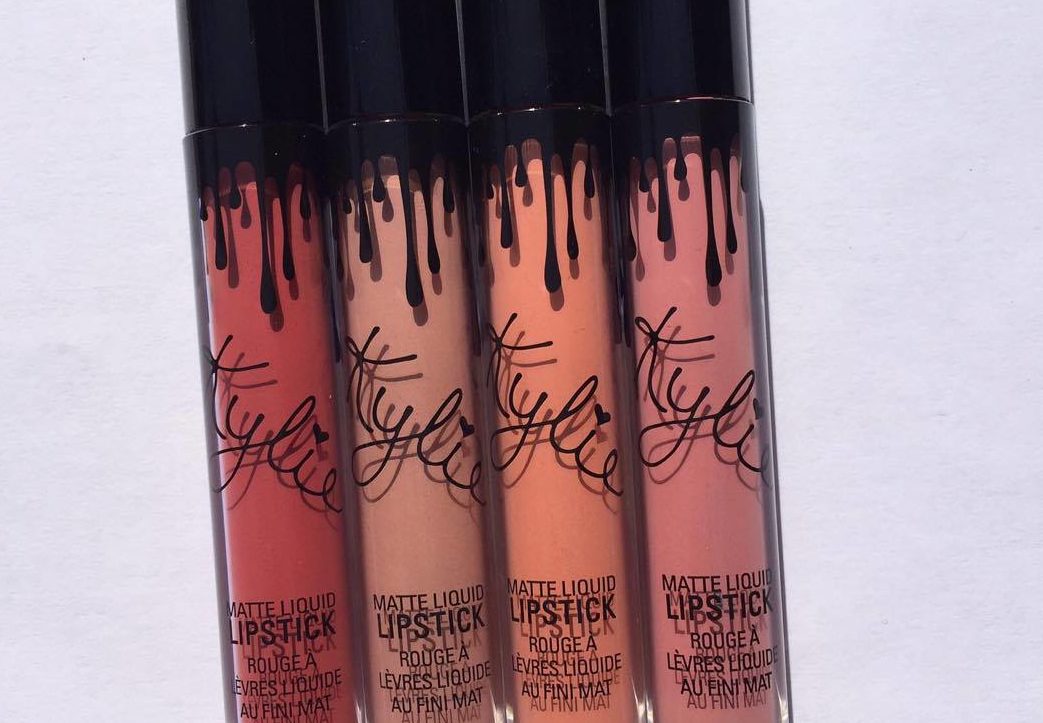
The Kardashian-Jenner clan seems to be gaining more prominence every day in our consumer culture. The youngest of the sisters, Kylie Jenner, has put her so-called pointless fame to use; if you are at all in touch with the cosmetics industry, you have undoubtedly heard of Kylie Cosmetics, the makeup company launched by Jenner last fall when she was just eighteen. When she launched her business with the first release of “lip kits” in November of 2015, the kits sold out in thirty seconds.
Kylie Cosmetics has obtained nearly 8 million online followers since the launch. The brand seemed to have been an instant success — however, the brand quickly faced numerous complaints regarding both its products and its packaging. The Business Bureau gave Jenner’s line an F rating.
Jenner took her frustration to Instagram this July. She stated, she was “sick and tired of people coming for (her) business,” to which a follower countered, “Your rating isn’t low because ‘people come for your business.’ It is low because your customer service is terrible, shipping is outrageously high and your company values speed over quality.”
What led up to Jenner’s tragic F rating? The Instagram follower’s comment captures the company’s main issues — there have been a total of 462 complaints filed against the business, most having to do with poor service, resulting in 86% of their customer reviews being negative.
However, the poor rating given to Kylie Cosmetics is not their only obstacle. Beauty blogger, Stephanie Nicole, disclosed shocking information about Kylie Cosmetics to nearly one million viewers — Nicole alleged that the formula is in fact now identical to a much cheaper brand, Colourpop.
The blogger’s 25 minute video displayed side by side comparisons of each product as well as each brand’s ingredients list. Since there are currently no laws or requirements for brands to list their ingredients in order, Nicole found that the lists were nearly indistinguishable, reorganizing them in the same order only to reveal few differences between the two. Jenner’s version of the product costs nearly five times more than Colourpop’s. Nicole’s revelation has raised frustration among Jenner’s customers and raises the question of the ethics behind Jenner tricking her fans into spending more on her products by simply slapping her name on the packaging. Responding to Nicole’s claims, Kylie Cosmetics stated that their ingredients are not shared by any other brand; however, it was quickly brought to media attention that the business’s parent company is in fact a sister company to ColourPop. This information further harmed the brand’s legitimacy.
Nevertheless, the business continues to grow, even attracting customers from our very own Lick-Wilmerding community. When asked about her experience ordering from the brand’s online store, Maya Rich ‘17, said that the process was “straightforward since I ordered less popular items. It took a few days for me to receive the order confirmation, but the products themselves ended up arriving early. However, I did notice the colors looked different than on the website.” Similarly, Jill Reilly ‘17, noted that “The ordering process was easy but the site doesn’t allow customers to view the shades on various skin tones. I was excited when I received the lip kit but the shade was not at all what it looked like online.” Even though they shared this issue, both say they would consider purchasing from the company again.
Clearly, even with controversy surrounding the ethics of the brand’s marketing and service quality, Jenner’s name seems to promote the products, supporting her estimated $18.8 million merchandise revenue. Celebrity branding is a powerful spin to success that drives our culture. Should our own common sense play a more critical role when purchasing from these celebrities’ companies? With successful product releases almost every month, Jenner has seemed to escape the company’s downfall. Regardless of her success, the questioning of her business’s ethics and legitimacy remains.






